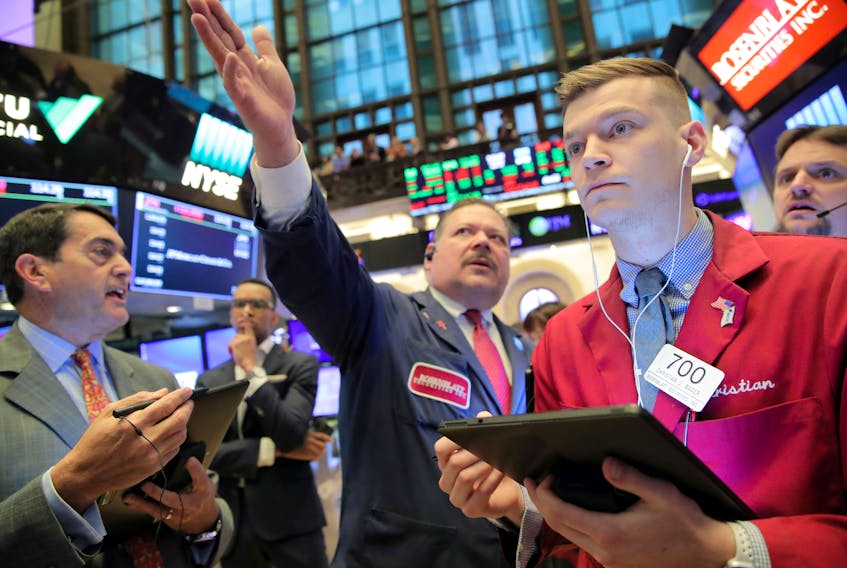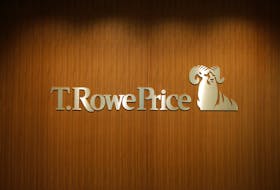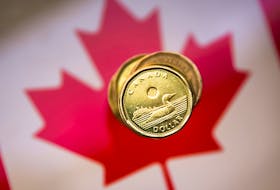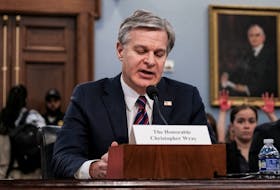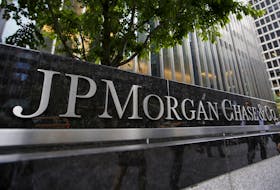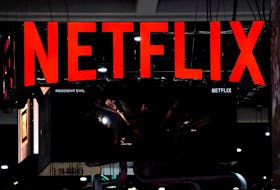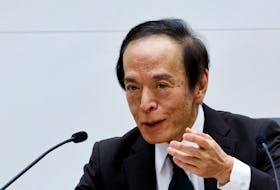By Howard Schneider and Trevor Hunnicutt
WASHINGTON/NEW YORK (Reuters) - Risk-taking has been the rage since the Federal Reserve quit hiking interest rates at the end of last year. U.S. stocks are back near record highs and investors are stockpiling the lowest-grade corporate bonds with only a smidgen of extra compensation for the added risk.
That rebounding mood on Wall Street may be welcomed by a president that has been demanding the Fed cut rates after markets fell sharply last year, and complaining that even pausing at the current level is the wrong call.
But if anything the 'pause party' on Wall Street makes it even less likely that the U.S. central bank will cut rates. Recent positive news on retail sales and exports, which have eased concerns of a sharply slowing economy, makes the case for a rate cut even weaker.
Investors at least have gotten the message, and shifted from projecting a rate cut later this year to now putting the odds at only 50-50 that the Fed will move lower by early 2020.
Wall Street celebrates the Fed's 'pause https://tmsnrt.rs/2VRQYqp
The state of financial markets, say some analysts, is evidence the Fed's rate increases last year were on point, allowing the economy to continue growing while keeping risks in check. A rate cut at this stage would only be courting problems.
“The argument for why they should keep the possibility of a rate hike on the table is because of financial stability,” Citi chief economist Catherine Mann said in remarks on Wednesday to a conference on financial stability at the Levy Economics Institute of Bard College.
After a decade of near zero interest rates, “moving toward a constellation of asset prices that embodies risks is critical for getting us to a more stable financial market,” she said, noting that both equity prices and low-grade bond yields show a market that remains too sanguine.
In their critiques of the Fed, U.S. President Donald Trump, White House chief economic adviser Larry Kudlow, and possible Fed nominee Stephen Moore have argued that lower rates would allow faster growth and be in line with Trump’s economic plans. They contend that, with the risk of inflation low, the central bank does not need to maintain 'insurance' against it by keeping rates where they are.
Overlooked in that analysis are the financial stability concerns steadily integrated into Fed policymaking since the 2007 to 2009 financial crisis. Mann spoke at a conference named in honor of economist Hyman Minsky, who explored how financial excess can build during good times, and unwind in catastrophic fashion. The downturn a decade ago showed just how deeply that dynamic can scar the real economy.
Financial stability isn’t a formal mandate for the Fed, which under congressional legislation is supposed to maintain the twin goals of maximum employment and stable prices. But since the crisis the central bank has concluded that keeping financial markets on an even keel is a necessary condition for achieving the other two aims.
That doesn’t mean an end of volatility or a guarantee of profits, but rather that risks are properly priced and that the use of leverage – investments made with borrowed money – is kept within safe limits.
Keeping an eye on stock valuations https://tmsnrt.rs/2Dr6u5z
That's a key reason why even policymakers focused on maintaining high levels of employment, like Boston Fed president Eric Rosengren, at times have taken on a hawkish tone in favor of rate increases. The worse outcome for workers, Rosengren and others have said, would be to let markets inflate too much, and crash again, even if that means risking a bit higher unemployment in the interim.
Markets are currently "a little rich," Rosengren said in recent remarks at Davidson College in North Carolina.
Though not enough to warrant a rate increase, he said, it does argue against a rate reduction. Overall, Fed officials including Chairman Jerome Powell say they feel financial risks are within a manageable range, something policymakers feel has been helped along by the rate increases to date.
The state of financial markets is "something that the Fed has to wrestle with," Rosengren said. "It's appropriate for interest rates to be paused right now."
Corporate bond valuations look frothy https://tmsnrt.rs/2VU0Yj3
(Reporting by Howard Schneider and Trevor Hunnicut; Editing by Dan Burns and Andrea Ricci)

